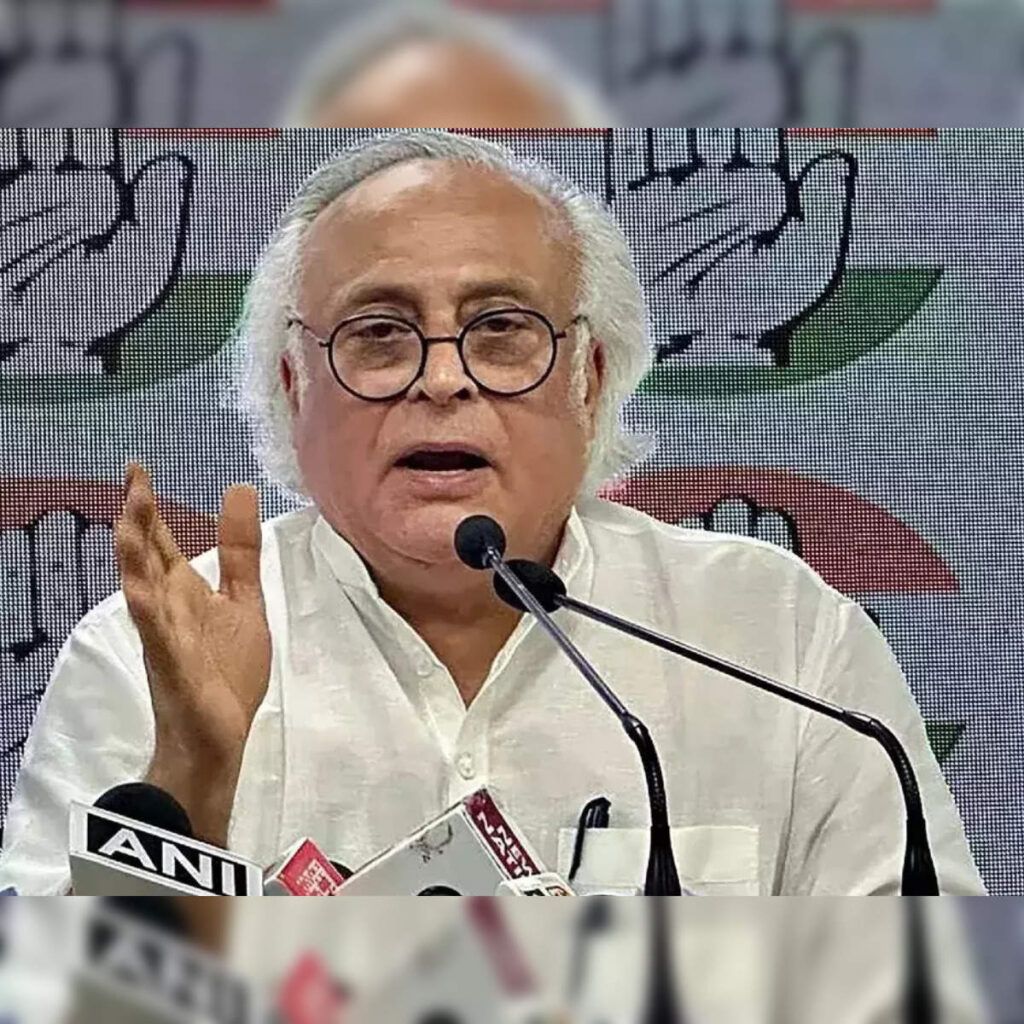By Sushil Kutty
‘The Elections That Surprised India’ is a book authored by a journalist who met Mahayuti minister Chaggan Bhujbal in a Nashik hotel in mid-2023 when the Nationalist Congress Party, of which Chaggan Bhujbal was a member, was still one whole and Bhujbal was out on bail after spending time behind bars in a money-laundering case lodged against him by the Enforcement Directorate.
The book talks of Chaggan Bhujbal being hounded by the ED and Bhujbal couldn’t sleep for fear of the ED coming after him because he had still not agreed to join the BJP. Finally, Chaggan Bhujbal succumbed to pressure and went with the BJP’s “washing machine politics” to escape the ED dragnet.
The washing machine politics recourse brought the cheer back on Bhujbal’s face and he “relaxed”, he and his son and nephew, who too were “victims” of the ED. But after going through the “BJP’s washing machine”, all three were allowed to renew their passports and go abroad if they wanted to.
Part of “washing machine politics” involved Bhujbal breaking up with NCP founder Sharad Pawar and tagging along with Ajit Pawar to the BJP-Shinde Sena coalition. Bhujbal was rewarded with a ministry in the Mahayuti government, the perks of washing machine politics.
The author of ‘The Elections That Surprised India’ met Bhujbal in a Nashik hotel in mid-2023, before the NCP split, and Bhujbal drank whisky and cursed his luck. The ED wouldn’t leave him alone even after time spent in jail and he was a nervous wreck with only whisky to bolster his spirits, along with heaps of chicken tikka and mutton kebab!
Then, at that time, Chaggan Bhujbal was scared of his own shadow. The room was air-conditioned but the whisky made him sweat profusely and the “greying beard, tired eyes and the gaunt look on his face” told the story of the missing “spring in his step.” The journalist mentioned that Bhujbal had received yet another ED notice!
Bhujbal, his son and his nephew, had been charged with irregularities in awarding contracts worth over Rs 100 crore to a Mumbai developer. They got bail but he couldn’t sleep at night thinking of his days in prison. There was nobody to turn to, not even Sharad Pawar. “When you are in trouble, you are alone in life…Matlabi hai saari duniya,” Bhujbal told the journalist.
Bhujbal spoke of Anil Deshmukh, who also was jailed on money-laundering charges and had allegedly received an “offer” to join the BJP if he wanted “protection from the law.” Chaggan Bhujbal’s journey from dirt poor flower vendor to rich businessman with interests in “education” and a successful politician was shattered when the BJP sprung the ED on him.
“There is only one solution now. We have to join hands with Modiji and the BJP. Even Pawar Saheb knows this, only he can’t seem to make up his mind,” Bhujbal told the journalist. In other words, he had to go through the BJP washing machine to escape the wages of being in the government of an opposition-ruled state.
Mid-2023 the NCP split in two and Chaggan Bhujbal along with Ajit Pawar, and some other NCP leaders, joined the Eknath Shinde-led BJP–Shiv Sena coalition—it was like a “rebirth”, and Chaggan Bhujbal’s “broad smile was back” wrote the journalist. In December 2023, the ED withdrew the money-laundering case against him, his son and his nephew. “Bhujbal was no longer a marked man,” noted the enlightened journalist.
That in short is “washing machine politics”, which is supposedly back in currency in the middle of the campaigning for the Maharashtra assembly elections scheduled for November 20. The “Why?” of it is a little hard to envisage, because there is no real need for either ‘Operation Lotus’ or “washing machine politics” at this juncture.
Is it apprehension that the BJP will use “washing machine politics” once the elections are over and the BJP falls short of being in a position to form government? Is that the reason for the “unholy political fracas over washing machine politics”? NCP leaders Supriya Sule and Mahesh Tapase and Shiv Sena (UBT) leaders Sanjay Raut and Kishore Tiwari are emphatic that the Modi-led NDA government will resort to washing machine politics after the Maharashtra assembly elections are over.
They cite “increased deployment of probe agencies for political purposes” and the “erosion of faith in law-enforcement agencies” under the Mahayuti government; and that “selective enforcement” posed a threat to democracy. Supriya Sule cited Bhujbal’s remarks in ‘The Election That Surprised India’ to highlight the BJP’s “pressure politics”.
Are central investigating agencies being leveraged by an “invisible force” to break opposition parties after the elections? Even the families of opposition leaders weren’t spared. Opposition leaders who allegedly succumbed to alleged ED pressure included Ajit Pawar, Praful Patel, Eknath Shinde, Pratap Sarnaik and Bhavana Gawali, all of whom dumped their parties and had to go through the BJP’s washing machine treatment to save their skins, and their booming political careers.
Only a few, like Sanjay Raut of the Shiv Sena (UBT) refused to be cowed down. Raut was cleared by the Bombay High Court of all the charges levelled against him. Raut says several politicians quit their parties due to ED fears and that after they sided with the BJP, they were cleared of all charges, and case files were shut. Now these politicians are afraid of the implications of a government change, said Raut.
Chaggan Bhujbal heard of the journalist’s book and he denied everything, chapter and verse, written about him in the book, threatening to sue both the writer and the publisher for the things in the book that didn’t surprise anyone. But Chaggan Bhujbal’s attack on the book denies anything called “washing machine politics” or the charge that it was a “threat to democratic principles.”
That the BJP was using Income Tax Department, CBI and the ED against the opposition parties is old news and it won’t be a surprise if they aren’t used again. Meanwhile, the journalist who wrote ‘The Elections That Surprised India’ is in Maharashtra covering the Maharashtra Assembly elections and to everybody he talked to, the one stock question was, “Kya Samvidhan Khatre Mei Hai?” The answers are both “Haan” and “Naa”, but “Samvidhan Khatre Mei Hai” worked once, why shouldn’t it work again? (IPA Service)




 ILO At COP29: Prioritize Labour Rights And Decent Work For Just Transition
ILO At COP29: Prioritize Labour Rights And Decent Work For Just Transition 